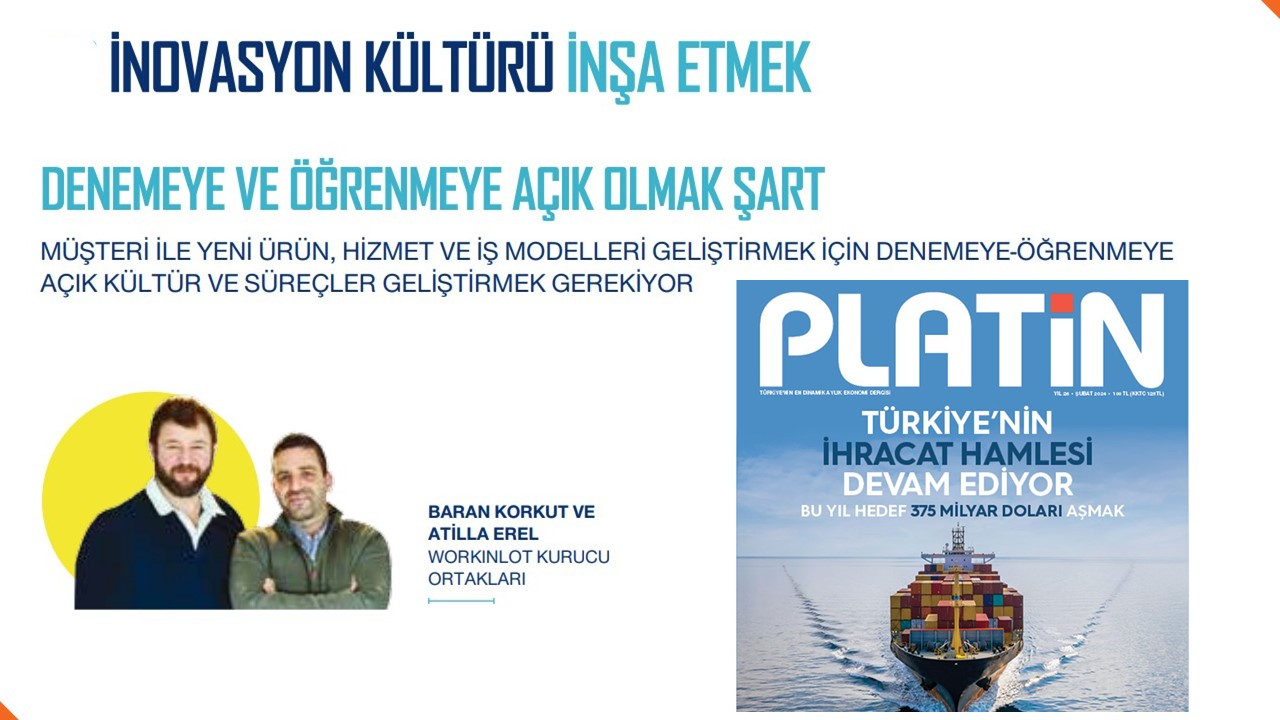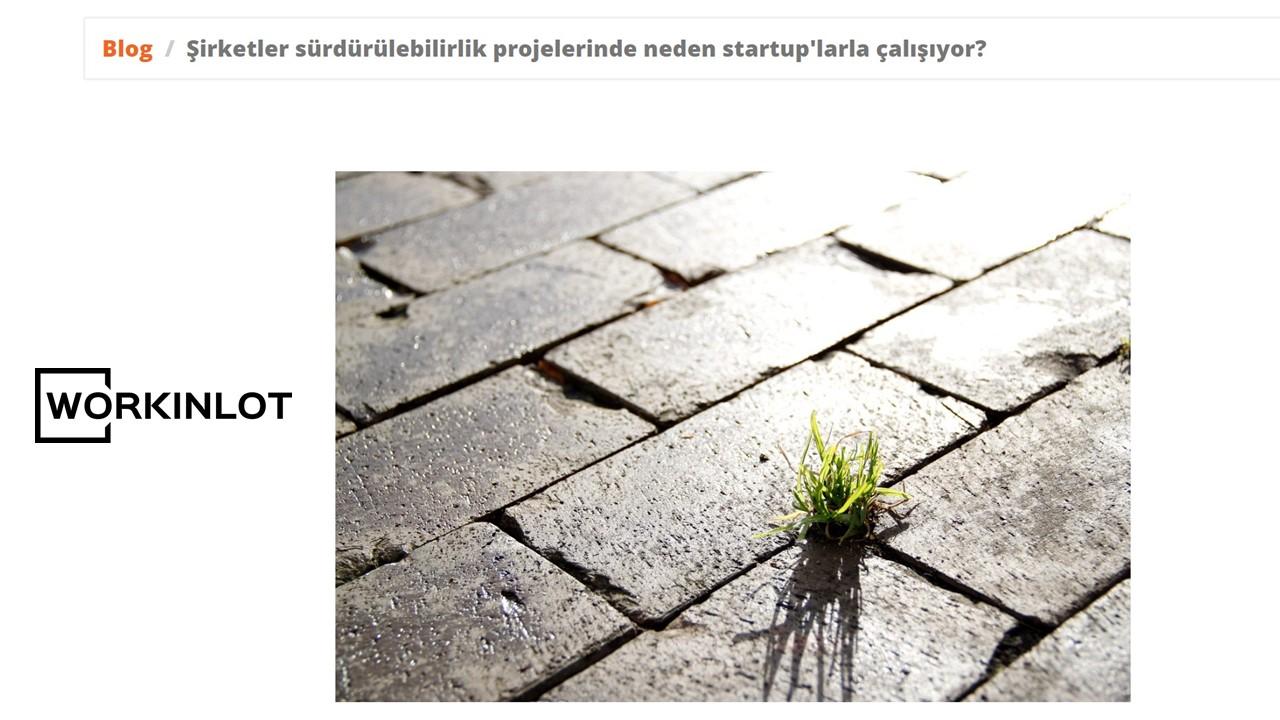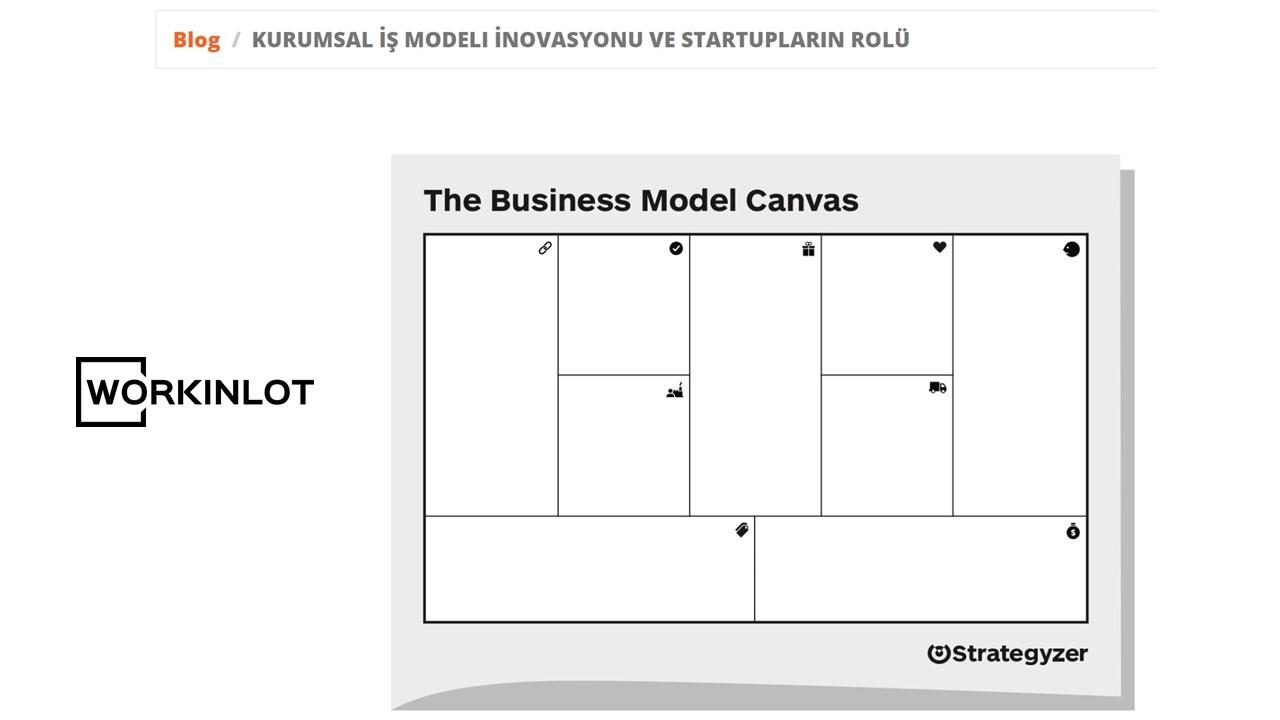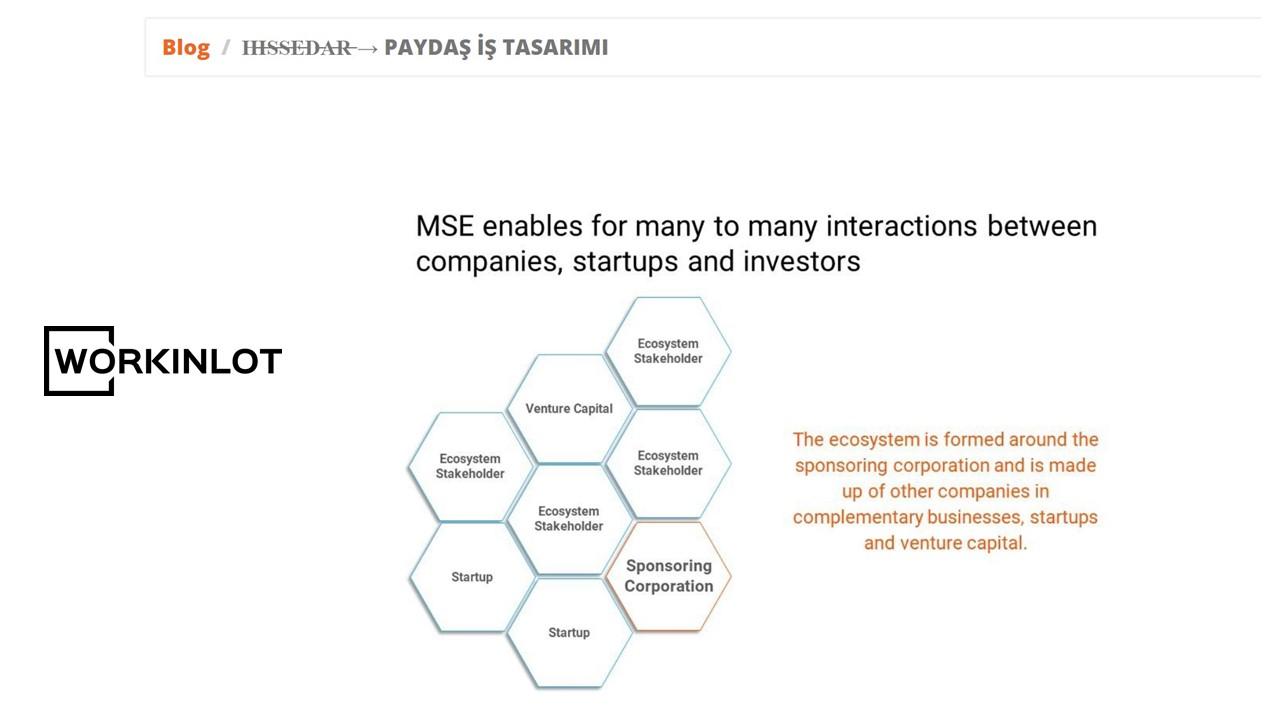
Companies aiming to export to developed markets must align themselves with their foreign competitors.
International trade presents development opportunities for both companies and their employees.
To differentiate themselves in the competitive landscape of international trade, companies, irrespective of their industry, should invest in two key strategies:
 Why corporations work with startups on sustainability projects
Why corporations work with startups on sustainability projects
Sustainability
Regulations in the EU market encourage companies to take concrete steps on social and environmental issues.
These steps not only benefit consumers but also create a competitive advantage for compliant companies.
Many companies have already adopted transparent reporting practices and implemented measures to reduce emissions.
Market players are increasingly investing in renewable energy and collaborating with stakeholders to develop sustainable solutions.
These efforts not only help companies meet new licensing requirements but also position them for future success in a market increasingly focused on sustainability.

BUSINESS MODEL INNOVATION AND HOW STARTUPS CAN HELP COMPANIES ACHIEVE IT
New business models and digital adaptation
Developed markets are characterized by customer demand for comprehensive and deep value propositions, often delivered through collaboration between multiple stakeholders.
Startups and entrepreneurs are responding to this demand by creating innovative new business models.
To remain competitive in the international arena, companies must leverage new digital solutions. This can be achieved either by developing them in-house or by acquiring them from external sources.
Companies that prioritize cumbersome processes, low value-added production, and lack digital value propositions will struggle to compete in this evolving landscape.

Those who invest in these building blocks will win
The most functional way to overcome competitive obstacles is to align with the innovation culture. The building blocks of this culture are built on three stages:
- Customer centricity:
From a customer-centric perspective, new business development starts from understanding customer expectations.
Everything else is shaped by newly discovered customer needs.
The goal of business development changes from promoting existing products to defining new value propositions alongside the customer.
- Try, learn, improve:
Developing new products, services, and business models alongside customers requires a culture and processes that embrace experimentation and learning.
Uncovering these hidden gems often necessitates numerous attempts before a successful model emerges.
These trials, however, should be low-cost, low-risk, and easily implemented.
Startups and highly innovative companies exemplify this approach through their culture and processes.

S̶H̶A̶R̶E̶H̶O̶L̶D̶E̶R̶ → STAKEHOLDER BUSINESS DESIGN
- Multi-stakeholder work:
Companies can no longer rely solely on internal resources for development.
The vast pool of knowledge, skills, and experience resides both within and outside the organization.
Fortunately, developing technologies are making it easier to find the right collaborators and fulfill all development needs through effective partnerships.
At Workinlot we design process frameworks that enable companies to collaborate with technology firms and startups. To ensure these designs are optimally developed, we provide iterative project management support in partnership with the organization.
Through this collaborative and iterative knowledge transfer, we have helped establish corporate venture capital funds, open innovation platforms, and venture builder structures.
Let's connect and collaborate to identify and validate new opportunities.